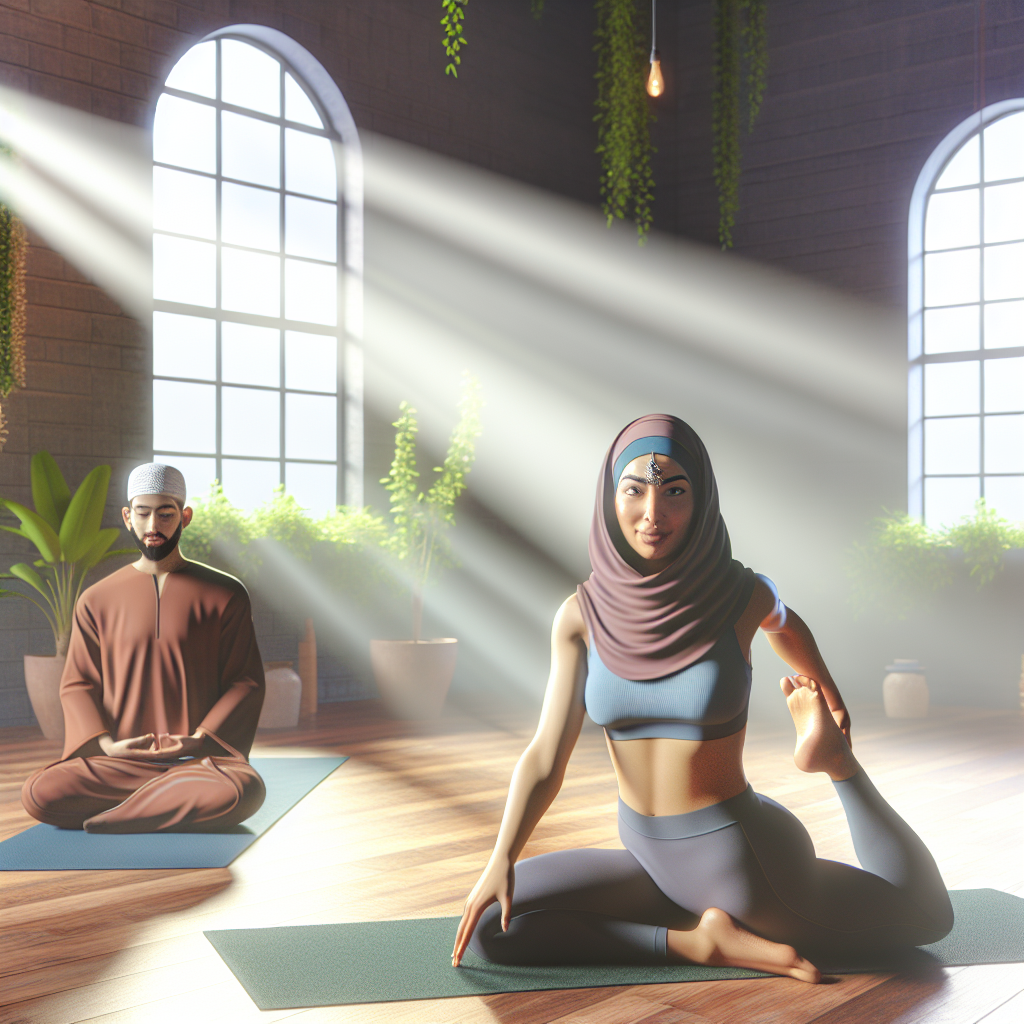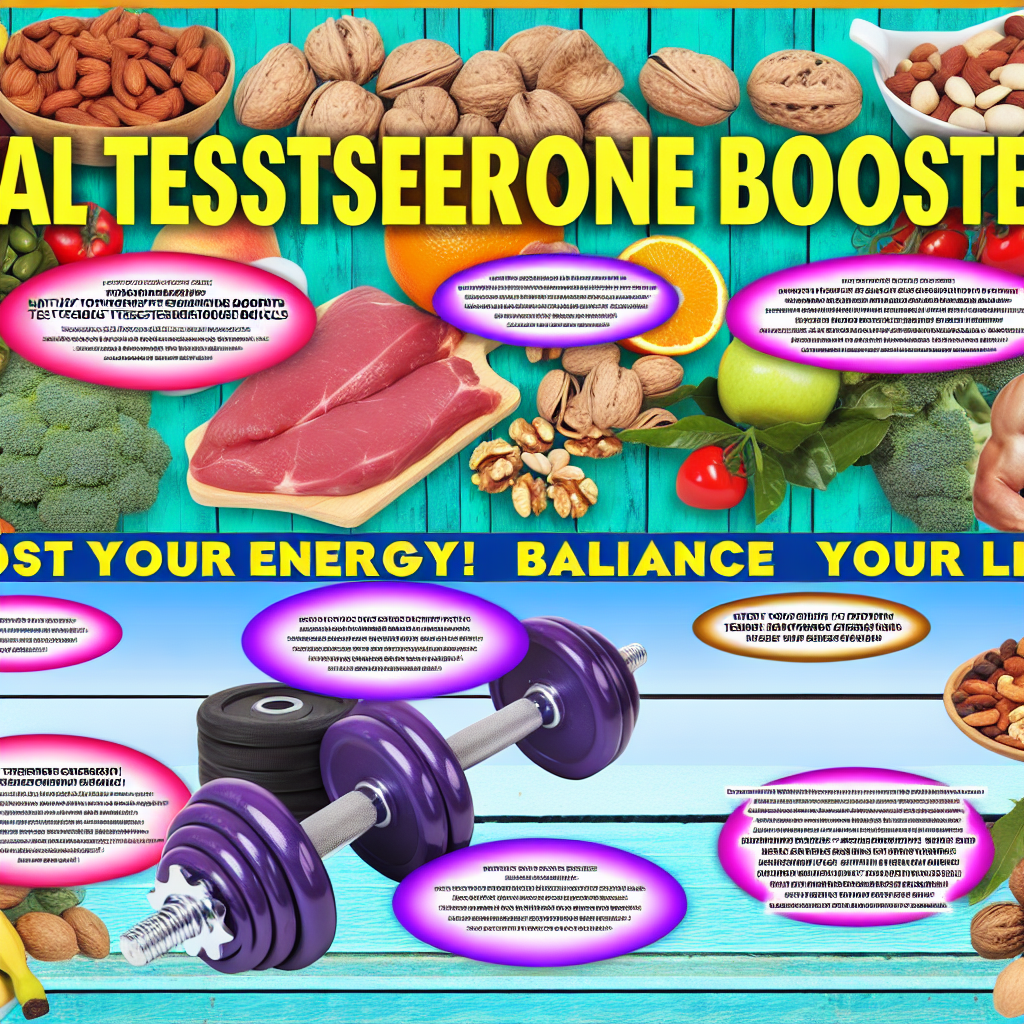ED Recovery: Post-Treatment Guide for Lasting Sexual Health
Introduction: Overcoming Erectile Dysfunction and Achieving Long-Term Results
Erectile dysfunction (ED) is a common concern affecting men of all ages. While it is often associated with aging, ED can result from a variety of causes, including psychological stress, cardiovascular issues, diabetes, low testosterone, and lifestyle factors. Thankfully, modern medical advancements and lifestyle interventions offer effective treatments to help men regain their sexual health.
Recovery doesn’t end when a treatment begins. Whether a man has undergone medication-based treatments, hormone therapy, lifestyle changes, or even surgery, the post-treatment phase plays a critical role in achieving long-term success. Factors such as exercise, nutrition, stress management, and emotional well-being significantly impact erections even after successful medical treatment.
This post-treatment guide provides scientifically-backed strategies to help men maintain their results and improve sexual performance naturally. By implementing the correct lifestyle modifications, supplementing medical treatments with physical therapy, and remaining vigilant about potential health risks, men can confidently navigate their ED recovery journey.
Medical Studies: The Science Behind ED Recovery
Several research studies highlight the importance of post-treatment care and lifestyle modifications for long-term erectile function. One of the key areas of focus is lifestyle improvement since many ED treatments offer only a temporary solution without fundamental changes in habits.
How Exercise Boosts Erectile Function
Research published in the Journal of Sexual Medicine has shown that regular cardiovascular exercise improves erectile function in men, particularly those experiencing ED due to obesity, diabetes, or sedentary lifestyles. Exercises such as brisk walking, running, or cycling help improve blood circulation, reduce stress levels, and enhance testosterone production—all crucial for maintaining erectile function.
The Power of Nutrition: Best Foods for ED Recovery
A study conducted by Harvard Medical School found that men who followed a Mediterranean diet—rich in fruits, vegetables, whole grains, and healthy fats—experienced fewer instances of ED. A diet with high levels of antioxidants, omega-3 fatty acids, and lean proteins promotes endothelial function, enhancing nitric oxide production, which is essential for erections.
Strengthening Sexual Health with Pelvic Floor Exercises
Research published in The British Journal of Urology International suggests that pelvic floor exercises (Kegels) can strengthen the muscles responsible for erections and improve penile blood flow. The study reported a significant improvement in erectile function in men who performed pelvic floor exercises regularly for at least three months.
Psychological Recovery: The Importance of Mental Health in ED Treatment
Many cases of ED are linked to psychological factors, such as performance anxiety, depression, and stress. A 2015 study in the Journal of Clinical Psychology found that men who engaged in cognitive-behavioral therapy (CBT) showed significant improvement in sexual confidence and performance. Addressing the psychological aspect of ED helps ensure a complete recovery beyond pharmaceutical interventions.
Testosterone Therapy: Can It Help Restore Erectile Function?
For men with low testosterone, hormone replacement therapy (HRT) has been shown to improve erectile function. The New England Journal of Medicine published findings indicating that testosterone supplementation restored sexual function in men with clinically diagnosed low testosterone levels when combined with lifestyle improvements.
Conclusion: A Holistic Approach to ED Recovery
Recovering from erectile dysfunction requires a proactive approach beyond initial treatment. Medical therapies, while effective, must be supported with lifestyle changes for sustained benefits. Regular exercise, proper nutrition, stress management, and mental health care are essential components in maintaining erectile health after treatment.
Studies prove that men who engage in cardiovascular activities, follow a heart-healthy diet, perform pelvic floor exercises, and seek psychological support experience better long-term outcomes. Additionally, monitoring testosterone levels and pursuing appropriate medical interventions can help sustain erections over time.
The most important takeaway is that ED recovery is an ongoing process. Commitment to health, well-being, and professional medical guidance ensures that men can enjoy a fulfilling and confident sex life at any stage of life. If you or a loved one struggles with maintaining erectile health post-treatment, consulting with a healthcare provider for a comprehensive recovery plan is the best move forward.
**Summary:**
This guide provides scientifically-backed strategies to help men maintain their erectile function and improve sexual performance naturally after undergoing ED treatment. Key factors include regular exercise, a Mediterranean diet, pelvic floor exercises, and addressing psychological aspects like anxiety and stress. A holistic approach involving lifestyle modifications, medical interventions, and ongoing professional guidance is essential for long-term erectile health.

Dominic E. is a passionate filmmaker navigating the exciting intersection of art and science. By day, he delves into the complexities of the human body as a full-time medical writer, meticulously translating intricate medical concepts into accessible and engaging narratives. By night, he explores the boundless realm of cinematic storytelling, crafting narratives that evoke emotion and challenge perspectives. Film Student and Full-time Medical Writer for ContentVendor.com



